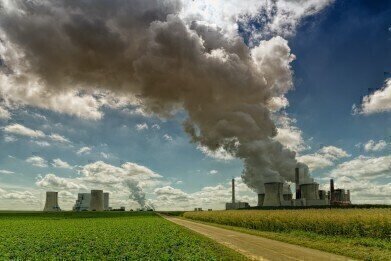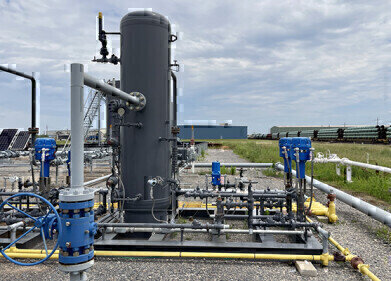Air Clean Up
Understanding the Link between Poverty and Pollution
Oct 17 2014
As the world continues to develop and evolve, scientists and public citizens alike are developing an increasing concern for the need to slash global pollution levels. It’s a long and complicated road with a plethora of different factor and variables. The issue is undeniably multifaceted however one thing is certain - there is a direct link between poverty and pollution.
A direct correlation
Put simply, studies have shown that economic growth leads to a significant increase in outdoor air contamination. An example of this theory is the sovereign state of China. Over the past 30 years, economic development has hauled a huge 680 million people out of the poverty cycle. This was largely due to the country’s increased access to coal powered energy. In fact, Chinese power plants emit as much nitrogen oxides as all the passenger cars in the World.
Yet while China’s people enjoy a higher standard of living, the country’s cities now suffer from atrocious outdoor air pollution. The rapid rise in development has also made China the world’s number one emitter of CO2. For this reason, many environmentalists maintain that China’s economic boom has come at a serious cost to the environment.
The poverty pollution relationship in China and beyond
The same can be said for a number of other industrialised countries, including the UK. Air pollution in London is alarmingly high, with the local government now taking steps to combat the issue. This includes the introduction of emissions free zones and congestion charges. Recently, Mr Davey, MP for Kingston & Surbiton and Secretary of State for Energy and Climate Change, told London's Evening Standard that he will now press Mayor of London Boris Johnson to "step up the battle" against smog and encourage a more rapid transition to electric vehicles with zero emissions.
Environmental and health risks
As well as having a detrimental effect on the environment, outdoor air pollution also poses as a serious health risk for Chinese citizens. According to a recent study released by the World Health Organization, deaths causes by outdoor air pollution rose from 900,000 to 1.2 million during the 1990 to 2010 period. That said, access to modern infrastructure has eliminated the need for Chinese residents to burn charcoal, twigs and dung inside their homes, a factor that has drastically decreased the number of deaths due to indoor air pollution. As a result, generalised air pollution now accounts for fewer Chinese deaths than it did in 1990. This is an important change, especially when considering that indoor air pollution is 'up to three times more noxious' than on the streets.
Short term deteriorations with long term improvements
Once a country has found its footing in the developed world it can then start to channel resources into environmental protection and pollution reduction. China is already taking these steps, with an estimated 80% of its coal-fired power plants now equipped with pollution-reducing scrubber technology. The nation’s sulphur emission rates have also been steadily reducing since 2006. Yet despite its efforts, China still has a long way to go when it comes to minimising its environmental impact.
Some lessons to learn
As one of the richest and most developed countries in the world, America leads the way in environmentally friendly technology. Hydraulic fracturing, also known as ‘fracking’ has emerged as an effective and eco-friendly way to harvest natural gas, slash CO2 emissions, boost economic independence and efficiently power the nation. It is also though to save the GDP a huge $283 billion a year.
Should China follow in the US’s footsteps, it too could reap the economic, political, social and environmental benefits of fracking. Of course, this will require research, development and an initial outlay of cash which will inevitably come as China continues to develop, cut poverty and shine the spotlight on reducing pollution levels.
Events
Apr 18 2024 Shanghai, China
Apr 22 2024 Hannover, Germany
Apr 23 2024 Kuala Lumpur, Malaysia
Apr 24 2024 Sao Paulo, Brasil
May 05 2024 Seville, Spain














